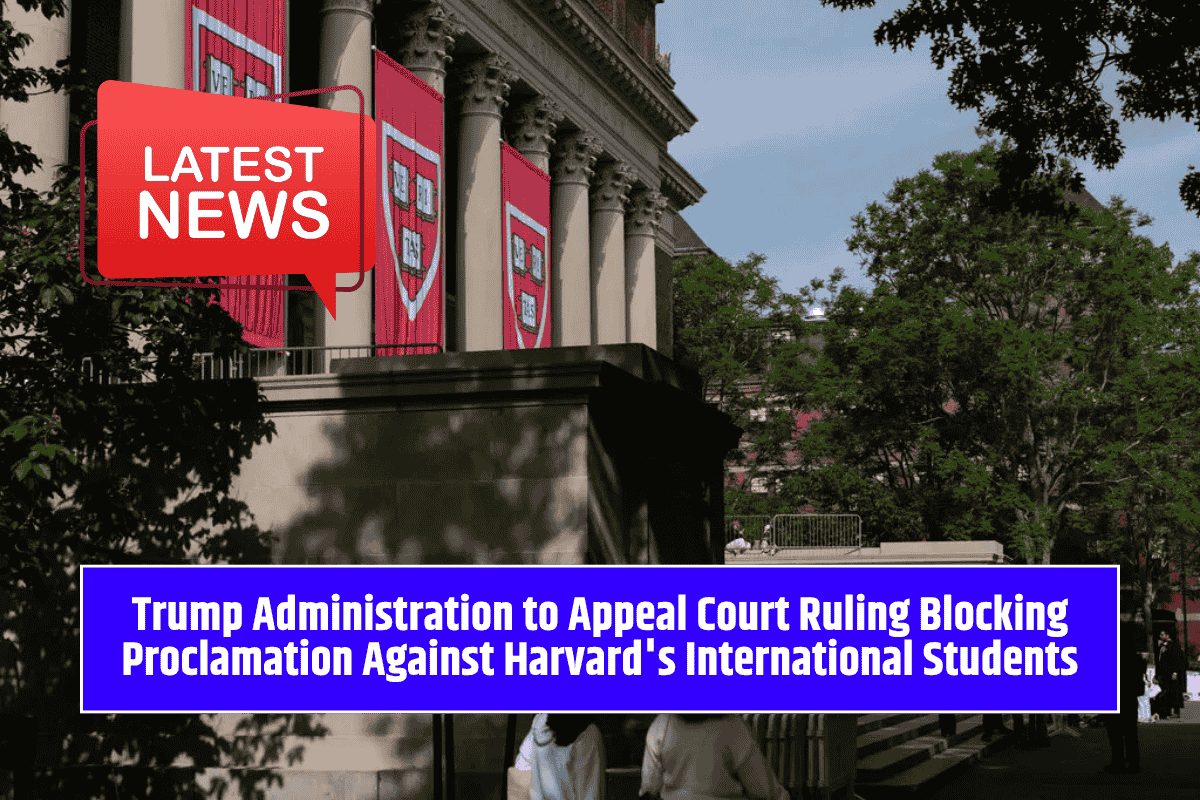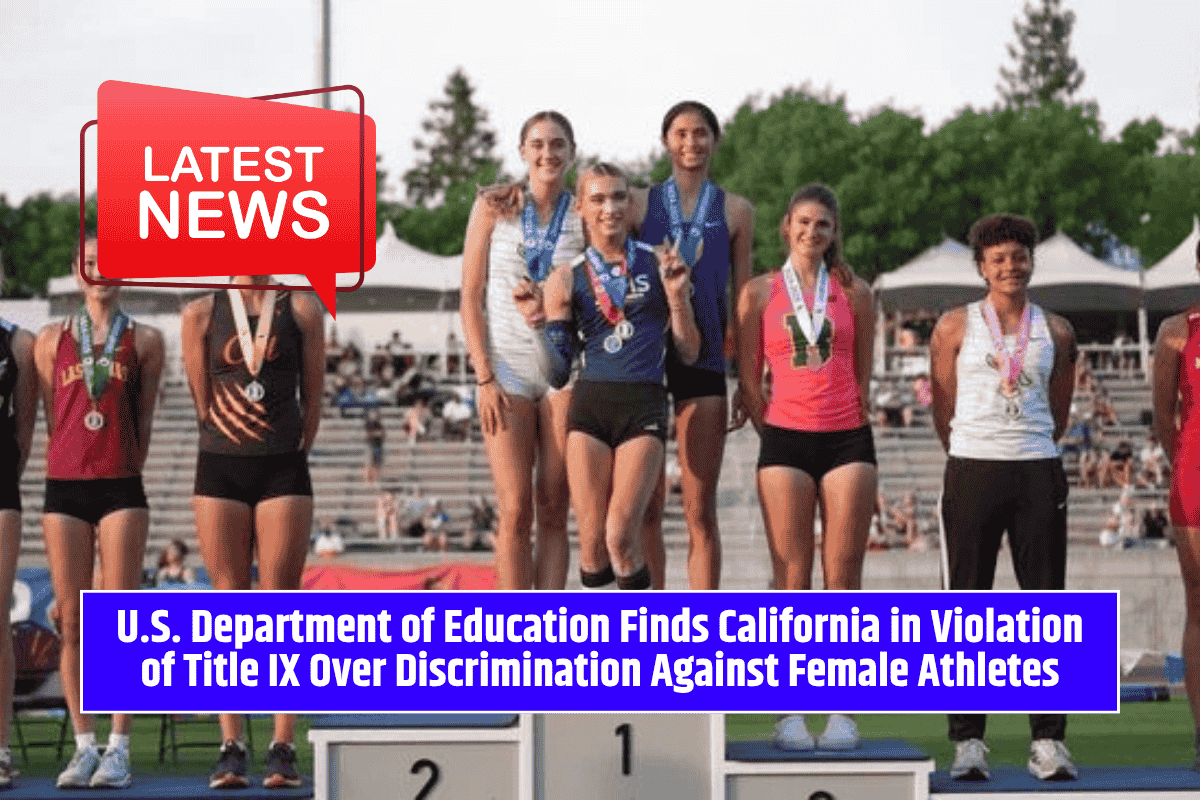The Trump administration announced on Friday that it would appeal a court ruling that blocked a proclamation aiming to prevent international students from attending Harvard University.
This legal battle, which began in May, has intensified in recent months, with the administration accusing Harvard of having too many ties to foreign countries, including adversarial ones like China.
Background of the Dispute
In May, the Trump administration and Harvard University clashed over the enrollment of international students.
The administration raised concerns over Harvard’s relationship with foreign entities, particularly those from China, citing donations from Chinese groups as a source of controversy.
On June 4, a proclamation from the White House highlighted these alleged entanglements and aimed to restrict foreign influence on the prestigious university.
The Court Ruling
On Monday, Judge Allison D. Burroughs of the U.S. District Court in Boston ruled against the Trump administration, temporarily blocking the enforcement of the proclamation.
The judge’s strongly worded order criticized the administration for attempting to control a well-established academic institution and for putting international students in an unfair position, potentially harming their educational opportunities.
Judge Burroughs highlighted that the Trump administration’s actions seemed driven by political motives, particularly the desire to suppress viewpoints that opposed the administration’s stance.
The judge also emphasized that the actions of the government seemed to disregard the significant impact they could have on international students and, by extension, on American society.
The Legal Basis of the Dispute
The administration had invoked a law dating back 70 years that was designed to prevent foreign enemies from entering the U.S., suggesting that the university’s large number of international students posed a national security threat.
However, Judge Burroughs sharply criticized this argument, calling it “absurd” and unsupported by facts.
The administration’s legal team also referenced a Supreme Court case from 2017, which upheld a travel ban targeting several predominantly Muslim countries. However, Harvard’s lawyers rejected this comparison, arguing that the case involving international students was fundamentally different in nature.
Harvard’s Response
Harvard University, home to about 7,000 international students, has expressed its intent to continue fighting the administration’s efforts.
As part of its response, Harvard is preparing contingency plans to ensure that international students can continue their studies, whether remotely or at locations abroad.
Notably, the Kennedy School of Government has made arrangements with the University of Toronto to host some of its international students.
Moving Forward
While the legal battle continues, the Trump administration’s decision to appeal the court ruling only deepens the conflict between the White House and the prestigious university. The final outcome of this case could have significant implications for international students across the U.S., particularly at top universities like Harvard.
The dispute also raises important questions about the future of academic freedom, foreign influence in U.S. higher education, and the broader relationship between the U.S. and international students.
This legal challenge illustrates a larger tension between the Trump administration’s national security concerns and the autonomy of respected academic institutions. The case will likely continue to unfold, with Harvard’s significant role in global education at the center of the debate.






